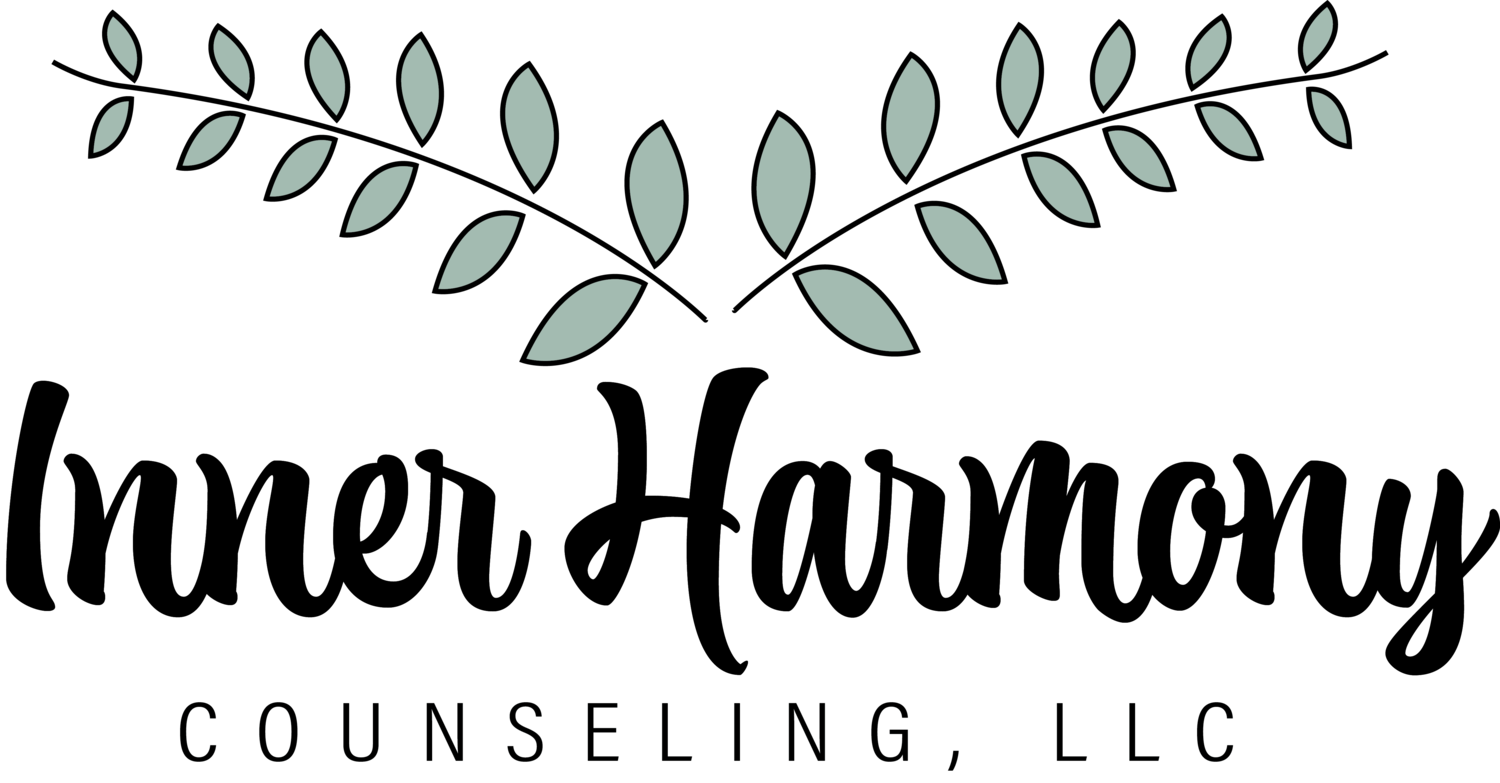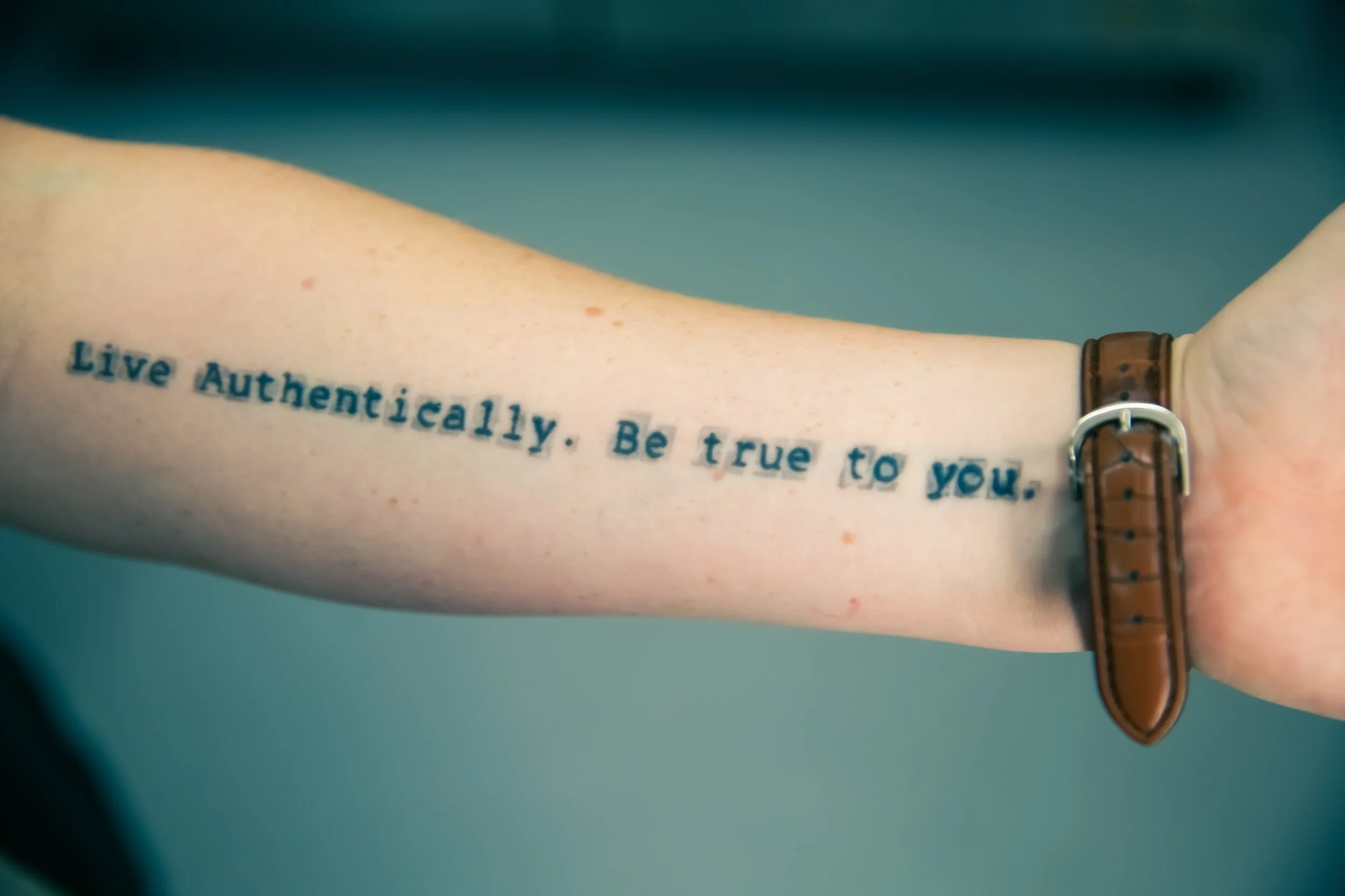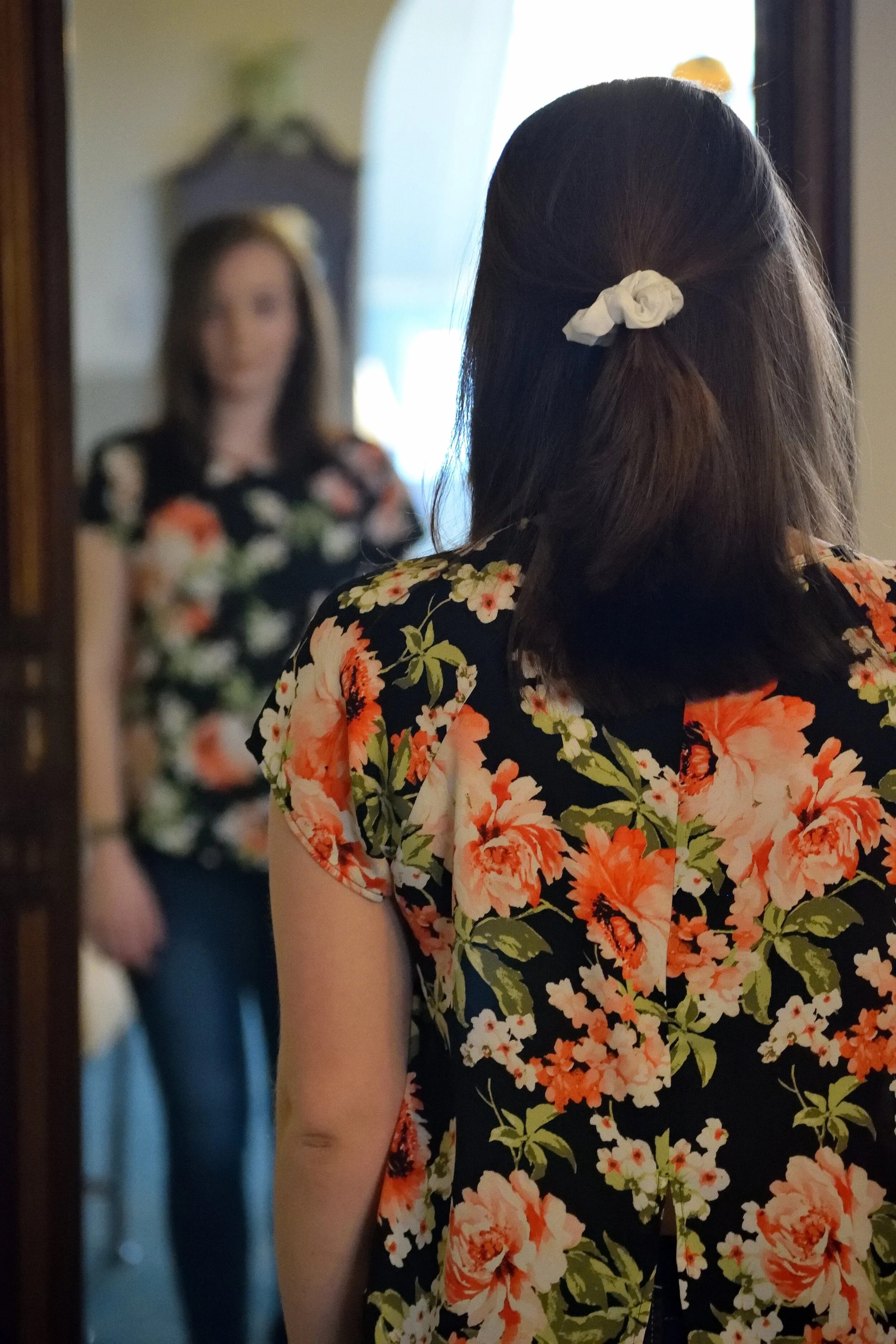Embracing Authenticity: What It Means to be Authentic and How to Get Started
The word “authentic” seems to be a buzzword these days. It’s used in a variety of places, from self-help resources to makeup advertisements.
So, what does it actually mean?
The Merriam-Webster dictionary defines “authentic” as: “True to one’s own personality, spirit, or character”
If you look up “authentic” in the thesaurus, you will find that some of its synonyms include “real,” “original,” “genuine,” “true,” and “honest.”
Living an authentic life means living a life that reflects what is most important to you. Authenticity exists when your external world aligns with your inner world or when what you put out into the world is congruent with how you view yourself.
Journey to Embracing Your Authentic Self
One does not simply wake up one morning as their “most authentic self.” It is a journey, not a destination. It is something for which to strive and it is a lifelong process.
In his book Authentic: How to Be Yourself & Why it Matters (2016), Professor Stephen Joseph identifies three components to living authentically in what he labels “The Authenticity Formula”:
Know yourself.
Own yourself.
Be yourself.
Now, let’s look at each one of those in more depth.
Know Yourself
The first step to living more authentically is gaining self-knowledge and personal awareness. How well do you know yourself?
In order to strengthen relationships with others in our lives, we spend time with each other and get to know each other better. In order to know yourself, you must have a relationship with yourself. Do you spend time cultivating a relationship with yourself?
Gaining self-awareness may include learning about your:
Strengths and challenges
Values
Goals, dreams, and fears
Personality
What you like and dislike about yourself
Personal preferences
The quality of your relationships and whether they are a good fit for you
Once you begin to know yourself better, you can then use this information to propel you in the direction that feels best and most authentic for you.
While it is certainly possible to gain self-awareness on your own, it can be helpful to find a therapist who can assist you in this process. A therapist can point out any blindspots that you may have.
Own Yourself
Owning yourself looks like accepting all parts of yourself while recognizing that you are responsible for the consequences that may result from being who you really are.
It also involves taking responsibility for your life and your decisions, knowing that your life is your own. Finally, it means being able to recognize and admit when you make a mistake or hurt someone.
Joseph (2016) said it beautifully: “Authenticity demands that we face up to ourselves and tell the truth to ourselves” (p. 143).
Be Yourself
This is where the “rubber meets the road,” so to speak. This is where insight and self-awareness are put into action. This is where you take tangible steps to align your life and your relationships with what you have learned about yourself and what is important to you.
This may look like:
Learning to say “no” to obligations that don’t serve you
Doing more of what “lights you up inside”
Standing up for what you believe in
Surrounding yourself with people who accept you for who you are
Making decisions based on what’s best for you
Just Getting Started
While so much more could be said on this subject, I think this is a good start for now. We all have unique ways in which we strive for authenticity.
For example, I strive to be authentic in my blog posts and in my one-on-one work with clients, as well as in my personal relationships.
In regards to my blog, this looks like using language that feels comfortable for me and writing about subjects that I am passionate about (like authenticity).
In my work with clients, this looks like striving to be myself while maintaining a professional role and relationship. More specifically, this often looks like sitting cross-legged in my chair during sessions! Many may think sitting cross-legged is “unprofessional,” but I do it because it feels right for me.
Interested in learning more about yourself and how you can begin to live a life that is more authentic? Contact me by clicking the button below!
References
Joseph, S. (2016). Authentic: How to be yourself & why it matters [Kindle Dx Version]. Retrieved from Amazon.com
Merriam-Webster. (n.d.). Authentic. In Merriam-Webster.com dictionary. Retrieved August 16, 2021, from https://www.merriam-webster.com/dictionary/authentic






